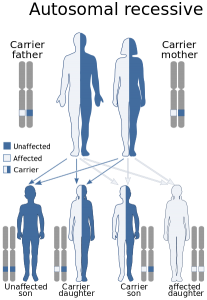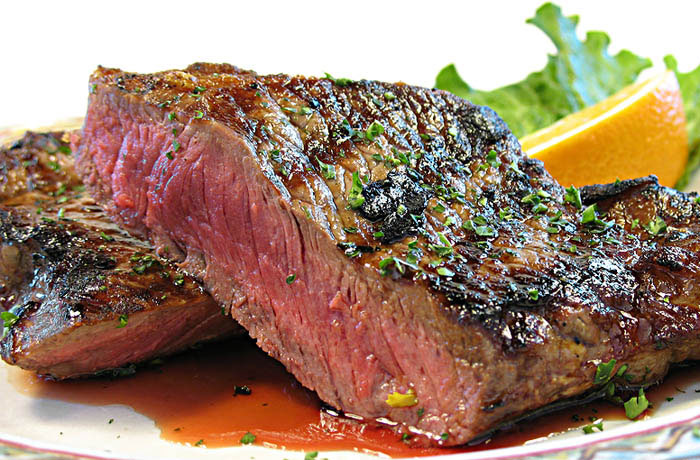https://www.youtube.com/watch?v=aa1_CeUAQIc#action=share
Many of us have probably heard or even experienced the famous phenomenon known as food coma. If you have no idea what food coma is, you most probably have experienced it before unknowingly. Food coma is a state of lethargy or sleepiness experienced after consuming a large portion of food. Despite its informal name, it is a medically recognized condition called post-prandial comnolence.
Food coma generally hits harder at the most festive times of the year- the holiday seasons. The thanksgiving turkey is no exception. You stack your plates with turkey, sweet potatoes, dressing, cranberries and all the other old-fashioned foods, then fill your stomach up to the brim. Then, of course, you go for a second, then third round. It’s the holiday seasons after all. Not long after, you start to feel lethargic, energy-less and sleepy. Unknowingly, you have fallen into the food-coma trap.
For many years, urban myths have blamed the turkey for the main cause of the sleepiness. But is the turkey really to be blamed?
Where did the myth come from? Many of you might have heard about the amino acid called tryptophan. Tryptophan is one of the components of the hormone serotonin. Serotonin is converted to the sleep-inducing hormone melatonin. Without melatonin, we will all be always wide awake. This chemical is essential in our body to give us enough rest at night for proper bodily functions. Hence, yes, tryptophan is an essential chemical in our body. However, our body does not produce tryptophan. Tryptophan is obtained by our body from the food we eat.
The tryptophan we ingest competes with other amino acids in our body to enter our brain through the blood-brain barrier. The blood-brain barrier is an interface that separates the brain from the rest of the body. It protects the brain from harmful chemicals that enters the body by filtering them. The blood-brain barrier will only allow certain chemicals to enter the brain. Only a portion of the tryptophan we ingest successfully enters our brain. Most of them are broken down in our liver. The myth that turkeys make us sleepy began when tryptophan were found in turkey meat.
So, do turkeys make us sleepy? The answer to this question is- yes and no. Turkey meat contains tryptophan-yes. However, according to Standford neuroimmunologist Lawrence Steinman, MD, the levels of tryptophan in turkey “is not higher than in most other muscle tissue from other animals, more commonly known as meats”. It is not the turkey that makes us sleepy but it is the enormous amounts of carbohydrates and often alcohol consumed on the holiday seasons.
Carbohydrates such as the dressing or mashed potatoes induces the release of insulin into the bloodstream compared to other amino acids present. As a result, higher levels of tryptophan are concentrated at the brain-blood barrier.
In conclusion, it is not the turkey that makes you sleepy after Thanksgiving. So, take a quick nap on Thanksgiving, but be sure to wake up in time for the dishes!






